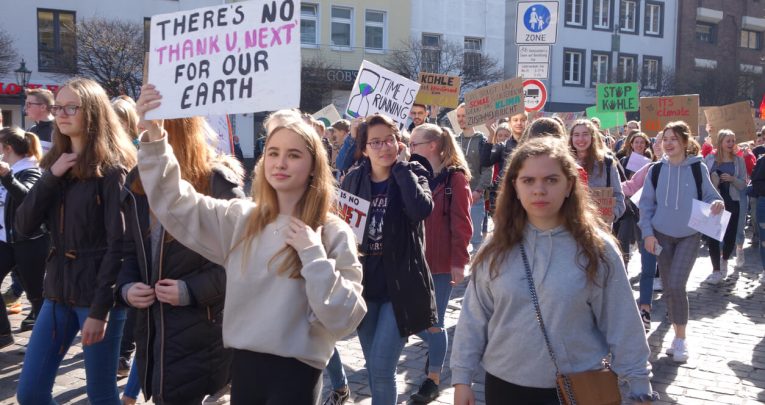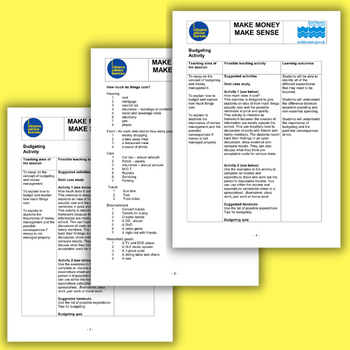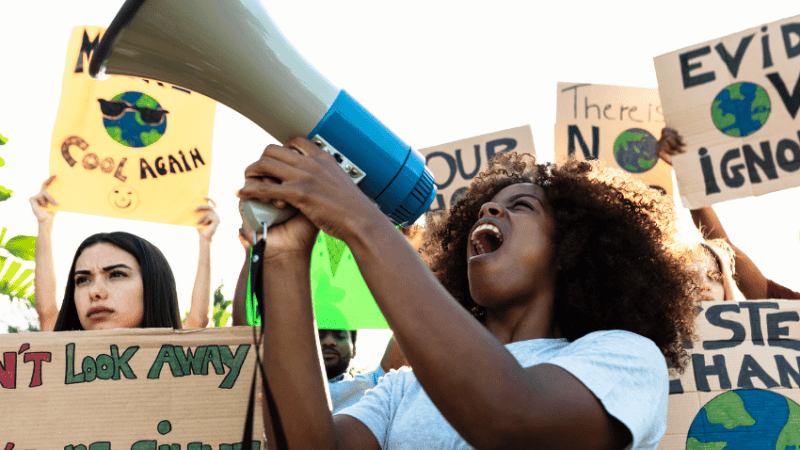Schools Need to Get Involved in Politics and Public Life

Schools need to focus on politics in action and be bolder about the need to get involved in public life, says Sebastien Chapleau…

The concept of politics has become a dirty one. It is a concept that schools are often wary of, in spite of the growing movements we can see across the world: from #ClimateStrike actions to #ExctinctionRebellion protests.
As more voices are being heard in response to the pressures faced by our planet, it should become uncomfortable to remain neutral.
Rare are the schools that don’t see their role as ‘enabling children to grow into successful leaders who can shape the world for the better’.
However, unlike systematic approaches to the teaching of, say, reading, writing and mathematics, schools rarely know where to start when it comes to teaching children to become successful leaders who can have a direct – and real – influence on the world they live in.
Sadly, politics, in many ways, has become something remote from our everyday lives. Brexit is something most of us feel powerless about – however angry it makes us.
Poverty is something we’re all angry about but feel unable to really challenge. Most of what is discussed on the news concerns us, but seems increasingly out of our reach when it comes to influencing debates.
Children, therefore, have no other option, in most cases, than grow up to become turned off by politics. Politics isn’t relevant. But that’s only because we’ve let that be the case.
With an increasing focus on creating ‘meaningful’ curricula, and with the way the world is quickly changing, I’d argue that we are presented with an amazing chance: the possibility to revive civic participation in local communities, particularly in schools, and engage our children in public life.
If we believe in enabling children to be in charge of their futures, a big part of education is giving them the tools to shape the world they live in. This means preparing children politically.
We cannot be true actors who can shape society for what it ought to be if we don’t truly understand the world as it is; we end up leaving decisions which affect all of us to those who are already in power because of their inherited backgrounds, status and connections.
Taking action
Let’s look at an example I worked on as a teacher, focusing on a few lessons and tactics that got us to win. Caroline, whose son Ethan almost got run over a few times by dangerous drivers, began talking about the need for a school crossing patrol near the to make children safer. Here’s how it happened…
- Caroline made numerous phone calls to the local council’s safety team but nothing ever got done. Accountability at the council seemed to be rather blurred. What was needed was for Caroline to have a clearer understanding of power: her own power, and that of the local council.
Our challenge is to make this the norm and ensure that, as part of their learning – and, therefore, as part of our teachers’ training – pupils learn more about how power is organised in society, how to manipulate it and, eventually, how to claim it back. This can only start on our doorstep; we should stop focusing on Westminster or other nebulous institutions.
We should focus on what’s going on in our local neighbourhoods. Focusing on huge issues – and even though some wins are possible in those areas – often leads to impatient dissatisfaction.
Aiming to make children successful readers, writers, and mathematicians works well when schools have a plan.
Likewise, and if interested in shaping the world for the better, we need to educate ourselves more politically and be clearer about the way the world works and how we can operate politically within the world we live in. We need to learn to win here and now.
Dr Sebastien Chapleau is the founding headteacher of La Fontaine Academy (part of STEP Academy Trust), in South East London, and is an experienced Community Organiser. Find him at sebchapleau.co.uk and follow him on Twitter at @sebchapleau.











